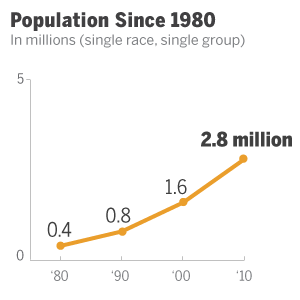"Please share the Srivaikuntam photos with Girija also--she said she has never been there," I wrote to my sister. Girija was at a loss when trying to understand how she had never been there, when the distance from Pattamadai to Srivaikuntam is not even 30 miles.
I told her I would send some of my favorite photos from Srivaikuntam.
The temple at Srivaikuntam is at least 1,100 years old. But then, it could be older, too.
To the locals and the faithful, the age of the temple is immaterial--to them, it has always been there. But, to an insanely curious person like me, this is a simple question for which detailed answers ought to be there on display boards, in printed materials, ... Could this temple be 1,500 years old? 2,000? You see what I mean?
Of course, as a confirmed atheist, my interest in this is simply for a better understanding of the world around me and not for any religious salvation. Therefore, it is all the more an irony that here I am as an atheist trying to get the simplest of questions answered, while the true believers don't seem to be interested at all. Faith doesn't require answers to questions about age.
I was blown away by the complexity of the engineering and art at the temple. I am one hell of a moron when it comes to anything related to the arts, and even more so when we talk art history. Yet, yes, mind-blowing!
Lengthy corridors supported by stone columns, each from a single piece. Delicate carving of the stone to produce finely detailed sculptures.
All these done so many years ago.
The temple sculptures have a lot of secular art too--not mere religious ones.
I loved the piece below, which appears to depict a hunter who has returned with a heck of a prize, and perhaps an annoying thorn in the sole of his foot, which the woman is removing. Simply beautiful.

It seemed that there has been extensive damage to quite a bit of the art in the areas exposed to the harshness that the sun, wind, and rain over the thousand-plus years. The displays noted that an industrialist/philanthropic family had spent quite some money on renovating the temple.
And then there were art pieces that would make middle school students giggle, and people like me wish that somebody would explain the significance of such wonderful art from so many centuries ago.
In the carving below, there is no doubt about the intention of the bearded male (no, not me!) who seems to be a hermit (no, not me!)

If Pinocchio's nose grew because of lying, well, this hermit's penis appears to reflect his thoughts of sex.
The fingers of the woman's left hand are also strategically placed.
I so wish I had taken art history!
There was a lot more to see, and there is a limit to how much I can take photos too. If only I had been informed and alert about such fantastic art at temples even when I was way younger! Youth is certainly wasted on the young :(
One interpretation is that depiction of sex in the art in the outer areas of the temple was to remind the believers to leave their dirty thoughts outside, and enter the holy areas with a mind that was focused only on god. Maybe.
Another interpretation is that temples were also the local art exhibits where the sculptors displayed their talents. Maybe.
Fascinating fodder for curious minds in a 1,100- or 1,500-year old temple!










